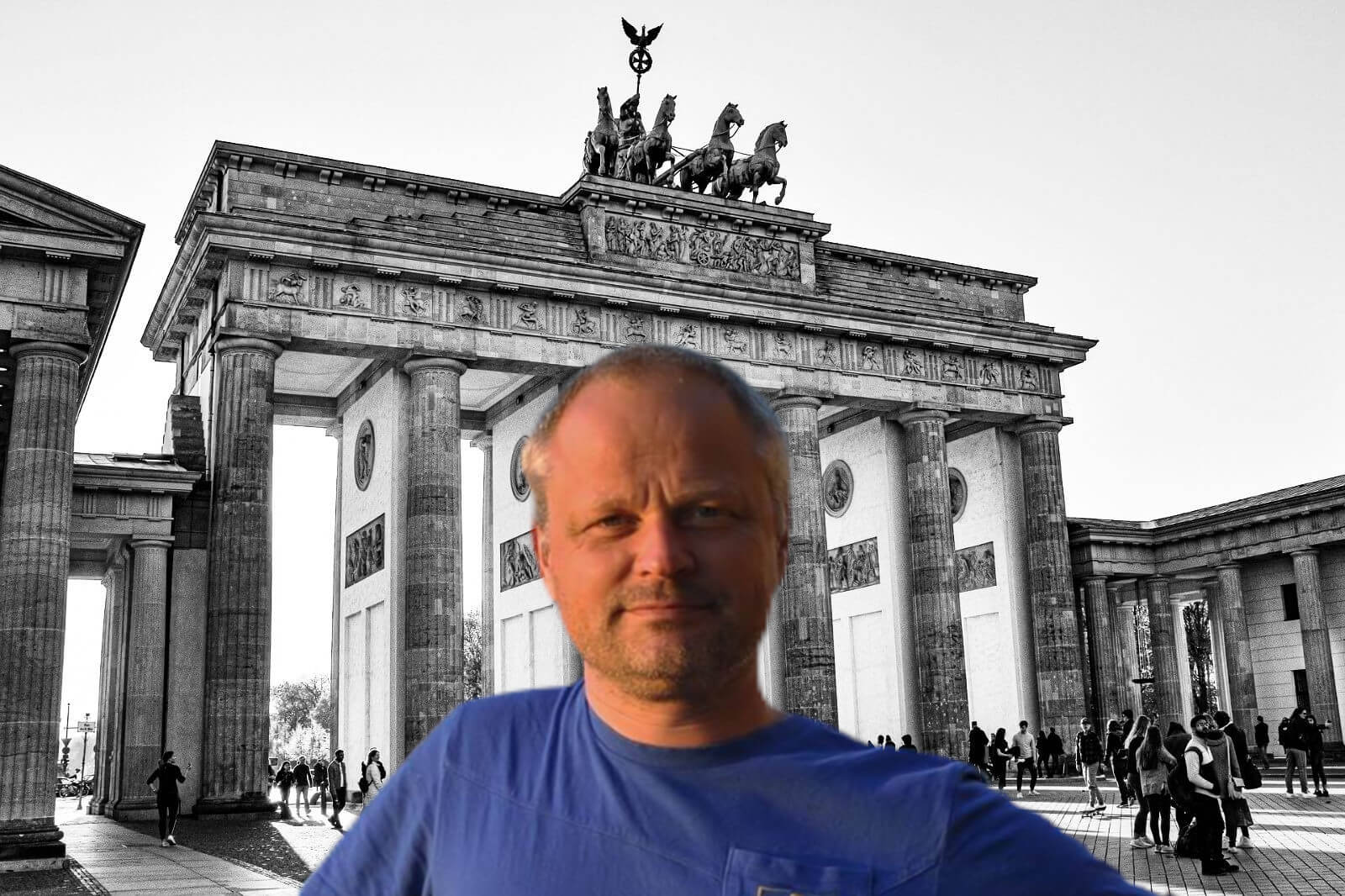
Biotech company Curevac from Tübingen is the second German company and the eleventh worldwide to be given the green light for a clinical trial with a corona vaccine. The Paul-Ehrlich Institute in charge of decisions re vaccines announced this today during a joint press conference.
The news comes just days after the German government announced that it has bought a 23% stake in Curevac for €300 million. This is something that is extremely uncommon in the EU. The US also showed a lot of interest in a takeover of Curevac earlier this year, but Peter Altmaier, the German minister responsible for economic affairs, immediately put a stop to that.
Read our earlier report on this
Testing can begin this month, according to Franz-Werner Haas of Curevac, the chair of the board of directors at Curevac. Animal trials have all gone well so far. Testing on humans will take place in four European cities: Tübingen, Hanover, Munich (all in Germany), and Ghent (Belgium).
During the first phase, there will be 168 participants, some of whom will be given a placebo. They will be using three separate dosages in order to determine which amount works best. Participants in the study receive two injections. One on the first day of the study, and a second jab after 29 days. All participants will be monitored closely for up to one year after the vaccination.
Test results this coming autumn
The preliminary results of the study are expected in September or October. A much larger test with at least 10,000 participants is then required for final approval. Haas states that as soon as the vaccine is given the green light, Curevac will be able to produce hundreds of millions of doses. In cooperation with a number of partners – including the European Union which is providing a loan of €75 million – the company expects to be able to scale this up over time to ‘billions of doses.’
Curevac is the second German company to be issued with a permit. The other one is Biontech that got its license at the end of last April. Many people believe that one of the most advanced vaccines in the world is the one from Oxford University (ChAdOx1 nCoV-19). Oxford uni is collaborating with the AstraZeneca pharmaceutical group for this. The other contender is a vaccine that is being developed in Leiden (The Netherlands) by Janssen Biologics, a subsidiary of Johnson & Johnson.
Oxford and Janssen
Up to now, the Dutch government has mainly had its focus on the Oxford vaccine. This became apparent last week when it was announced that a contract had been drawn up with France, Germany, and Italy for the supply of at least 300 million doses from the manufacturer AstraZeneca. It is not known how much money this has cost. The Oxford vaccine comprises a weakened chimpanzee common cold virus containing the protein protrusions of the SARS-CoV-2 coronavirus.
The president of the Paul-Ehrlich Institute, Klaus Cichutek, states that a total of over 130 companies or institutes are now working on a SARS-CoV-2 vaccine. Curevac is the eleventh one to enter the clinical phase. When a vaccine will be available to the general public is hard to say, Cichutek adds. In any event, his institute is now doing its utmost to facilitate the testing and approval process as quickly as possible. Without taking any unnecessary risks, needless to say.
mRNA technology
He is nevertheless feeling quite positive about Curevac. In part because of their earlier results with a rabies vaccine.
Like Biontech, Curevac is also not working on a classic vaccine, such as the one from the University of Oxford and Janssen. That one involves working with weakened viruses. Curevac and Biontech are focusing on the still relatively new mRNA technology. They are facing competition from Moderna in the US where this is concerned.

mRNA is a molecule that serves as a kind of messenger that delivers ‘building plans’ throughout the body for the production of proteins. What they do at Curevac is to provide the ‘messenger’ with a portion of the virus’s genetic code. If all goes well, the body itself will subsequently produce parts of the virus and the corresponding immune response. A major disadvantage of mRNA technology is that it is still quite novel. Consequently, it still needs to fully prove its effectiveness. One advantage is that mass production can be carried out fairly quickly.
Tübingen: City of Nobel Prizes
Curevac started working with the mRNA technology in 2000 as a spin-off from the University of Tübingen. A German university with a solid reputation in the field of medical research. In the 1990s it won no less than three Nobel prizes in this field. Tübingen is a veritable gold medalist when it comes to Nobel Prizes, with 2 for physics and 6 for chemistry.
Curevac, like Moderna, sees itself as a forerunner in mRNA technology. The company currently has 470 employees. Furthermore, in addition to the German government, it also has Dietmar Hopp and the Bill and Melinda Gates Foundation on board as major shareholders. Hopp is better known as the founder of the SAP software group and the boss of the Hoffenheim football club, which plays in Germany’s highest division.


